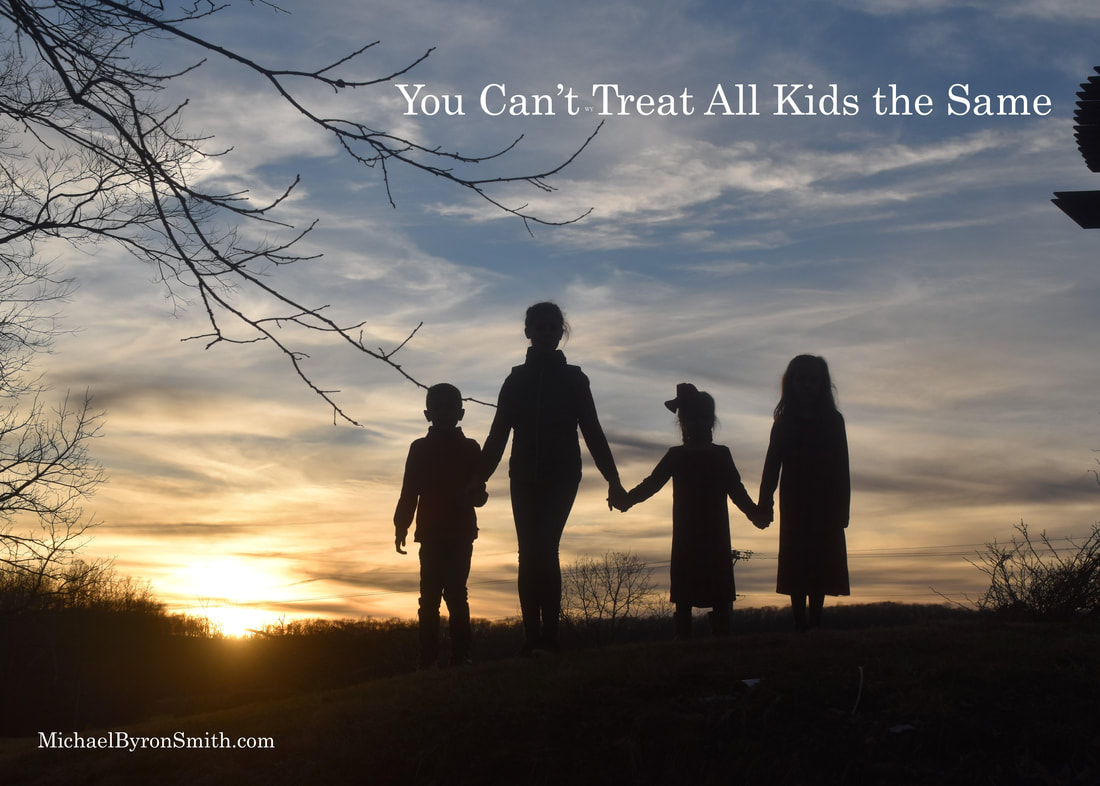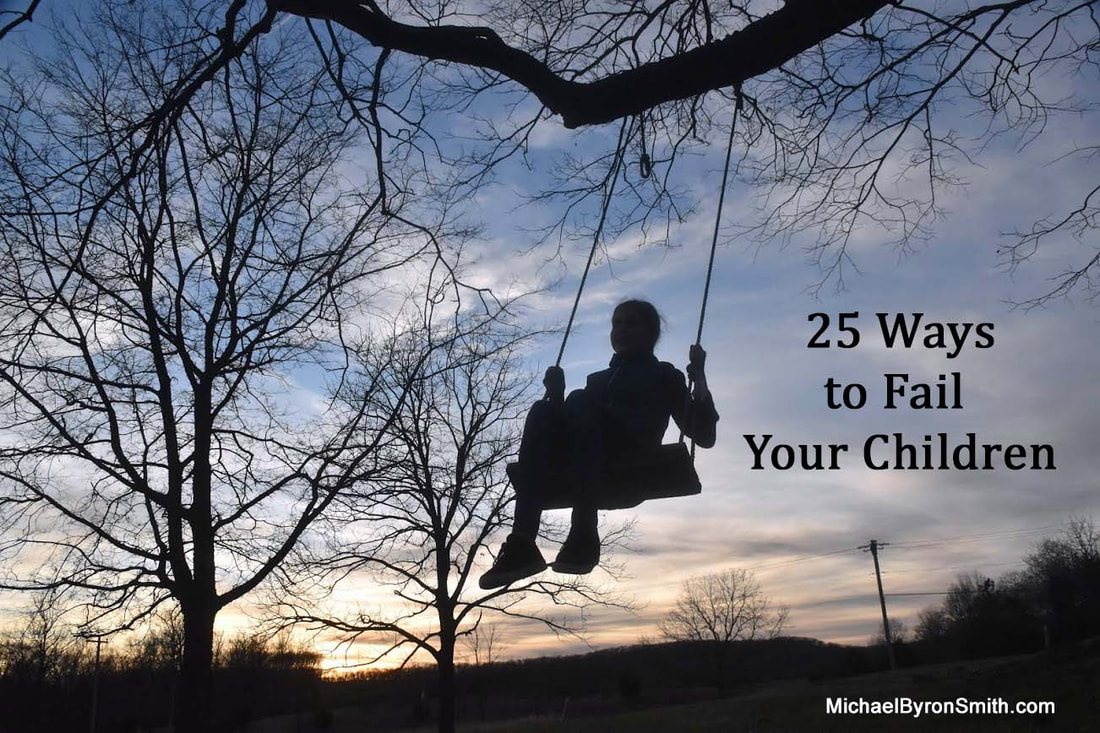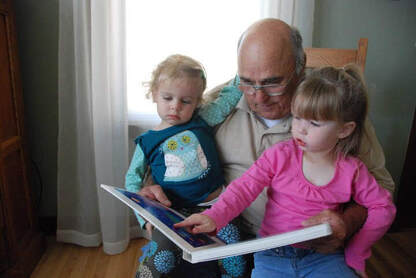 Photo by author
Photo by author These are my thoughts on Success (S) and Personal Success (PS). I’m speaking from my background as an engineer, a former struggling child, and as a father of three awesome adults. So note, there is no Ph.D. to be found in my resume, just my observations as an interested party on the topic.
Success is an elusive thing to evaluate because it means different things with different criteria for everyone.
- Environment (E) includes such things as family, friends, mentors, neighborhoods, schools, and accepted social standing. By ‘accepted social standing,’ I mean what an individual thinks there standing is despite what others may think it is.
- Personality (P) includes, but not limited to, energy, desire, passion, intellect, goal seeking, attitude, ability to plan, introversion or extroversion, and perseverance.
- Expectations (Ex) compare where you are aiming to where you end up
Note: Those who don’t like math can skip all the equations and read the words.
Success = Environment X Personality
Personal Success = (Environment X Personality)/Expectations, OR
PS = S/Ex
- High expectations for your personal Success makes that Success more difficult to achieve. (e.g, a General, CEO, or a movie star)
- Lower expectations for your personal Success makes that Success easier to achieve. (e.g., a Sergeant, middle manager, or supporting actor)
Example 1: Low E, High P = High S, Average PS
A distracted single mother raises a young man with no fatherly influence. This young man’s environment rating would be low because of the family environment and a lack of mentoring. It could also be low value friends surround him.
On the other hand, this young man has a passion. He has the intellect and attitude to achieve his passion. His Personality rating would be high, and despite his low environment rating, his chance for Success is good!
His chances for personal Success (PS), in his judgment will depend on his meeting his top goal. He could be a success (S) as a Colonel but feel a lower personal success (PS) because his goal was General.
Example 2: High E, Low P = Low S, High PS
A young woman is brought up by loving and reasonable parents. She goes to good schools and has no social disadvantages. Her environment is high.
However, this young woman is self-centered and lazy. She doesn’t do her homework if she’s not interested in it and lives day-to-day.
Her chances for Success are not very high, but she could feel like she has personal Success as her expectations were low, never having a goal or desire to grow. She may be a sales associate when she could have been a manager or higher.
Example 3: High E, High P = High S, Average PS
I’ve only provided two examples of the multiple combinations of factors that result in a likelihood of Success (S) and personal Success (PS), but here is one more interesting example!
There is a wealthy and successful man whose name I don’t recall. He teaches entrepreneurial skills through his schools all across the world, helping thousands to become successful themselves. While his Success (S) is very high, he has a lower opinion of his Personal Success (PS), the reason being his extremely high expectations for himself. And why are his expectations so high? What is his standard? His roommate in college was Elon Musk. He compares himself to his roommate and not to someone like me.
Some successful people feel like failures because someone they respect has had more Success, or a loved one has demanded more Success from them. Neither instance should steal personal Success from them.
Summary
Success is really in the eye of the beholder. When that eye looks in the mirror, maybe Personal Success is more important, regardless of potential. We have choices and opportunities. Successful individuals make smart choices and are aware of the opportunities afforded them. If you are making a positive difference in the world, you are successful. If you enjoy that Success, then you are personally successful.
How to help:
- Environment: parents have the responsibility to make their child’s environment as helpful to them as possible. Education, health, safety, encouragement, etc.
- Personality: be aware of your child’s strengths and weaknesses. Encourage strength, give help with any weaknesses, and get them professional advice when necessary.
- Expectations: This is a tricky one. A parent wants to encourage them to do their best. But don’t put pressure on them to overachieve because it will backfire. Everyone can be the best meeting their capabilities, but not everyone can be a rocket scientist, brain surgeon, or best-selling author.
Note: PS = S/Ex (no, I did not intend to have Sex in this article, but if it drives you to read it, okay!)














